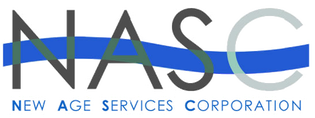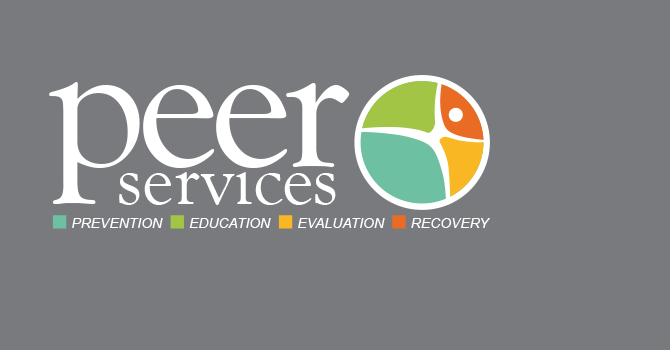What Is A Drug Intervention?
Drug addiction doesn’t just affect the individual taking the drugs, but family and friends are also impacted by this destructive behavior. When a loved one is in denial about their drug addiction and the relationships between friends and family are being negatively effects, many caring loved ones decide to have what is known as a drug intervention.
A drug intervention is a planned meeting where friends and family confront an addict about the consequences of their addiction and express their collective desire for the individual to receive treatment immediately. While each intervention is personalized, participants in an intervention generally provide specific examples of how the person’s addiction has negatively affected them, offer some type of rehabilitation option to the addict, and clearly state the personal repercussions if the addict continues to refuse treatment.
How Does A Drug Intervention Work?
The first step in a drug intervention is to gather as much information as possible about the loved one’s particular addiction. What are the long term effects of continuing abuse? Are there physical withdrawal symptoms associated with this particular drug? What are the most successful treatment options for this particular type of addiction?
The second step of a drug intervention is planning. When and where will you hold the intervention? Who will attend the intervention? Is there likelihood that the addict will become angry or violent? Will you use an intervention specialist? What will each person say at the intervention?
While it is important to honestly portray the negative impacts the addiction is having, it is also important to emphasize how much you love and care for the individual and that you believe that they can beat the addiction. At this point an immediate treatment option should be made available so the individual can begin treatment right away. Participants should also plan what repercussions the addict will face if he or she refuses to accept treatment. It is essential that the repercussions be followed and that you are not simply making idle threats.
The third step is to hold the intervention. Each person takes a turn expressing how the addiction has affected them personally, their wish for the addict to seek treatment, and what will happen to their relationship if treatment does not occur. Then the prearranged recovery plan is presented to the addict.
What Happens After The Intervention?
A successful outcome of an intervention is one where the addict agrees to the treatment plan that was put forth during the intervention. If the treatment plan included residential rehabilitation, the addict should be taken there immediately. If the proposed treatment is outpatient therapy, arrangements should be made to ensure the individual is following the plan that was agreed upon. If the intervention was unsuccessful and the addict refuses to take part in any type of treatment plan, it is very important to follow through with the repercussions you laid out in the intervention. This is the only way to show them you are really serious and the only way they can get back in your life is by being drug and alcohol free.


